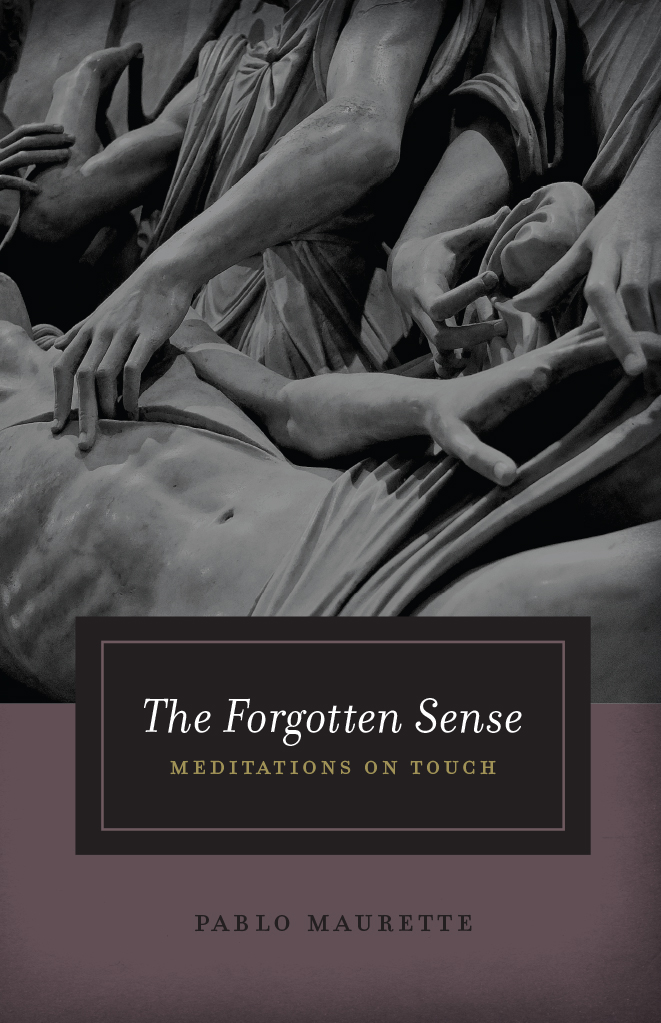
The Forgotten Sense
The Forgotten Sense
Meditations on Touch
Pablo Maurette
The University of Chicago Press
Chicago and London
The University of Chicago Press, Chicago 60637
The University of Chicago Press, Ltd., London
2018 by The University of Chicago
All rights reserved. No part of this book may be used or reproduced in any manner whatsoever without written permission, except in the case of brief quotations in critical articles and reviews. For more information, contact the University of Chicago Press, 1427 E. 60th St., Chicago, IL 60637.
Published 2018
Printed in the United States of America
Spanish edition:
2015, El Sentido olvidado: Ensayos sobre el tacto by Pablo Maurette.
Mardulce Editora, Buenos Aires, Argentina.
Translated, revised, and expanded by the author.
27 26 25 24 23 22 21 20 19 18 1 2 3 4 5
ISBN-13: 978-0-226-56133-2 (cloth)
ISBN-13: 978-0-226-56147-9 (paper)
ISBN-13: 978-0-226-56150-9 (e-book)
DOI: https://doi.org/10.7208/chicago/9780226561509.001.0001
Library of Congress Cataloging-in-Publication Data
Names: Maurette, Pablo, 1979 author.
Title: The forgotten sense : meditations on touch / Pablo Maurette.
Description: Chicago ; London : The University of Chicago Press, 2018. | Includes bibliographical references and index.
Identifiers: LCCN 2017038267 | ISBN 9780226561332 (cloth : alk. paper) | ISBN 9780226561479 (pbk. : alk. paper) | ISBN 9780226561509 (e-book)
Subjects: LCSH: Touch. | Senses and sensation.
Classification: LCC BF275 .M397 2018 | DDC 152.1/82dc23
LC record available at https://lccn.loc.gov/2017038267
 This paper meets the requirements of ANSI / NISO Z39.48-1992 (Permanence of Paper).
This paper meets the requirements of ANSI / NISO Z39.48-1992 (Permanence of Paper).
For Erin June Lodeesen
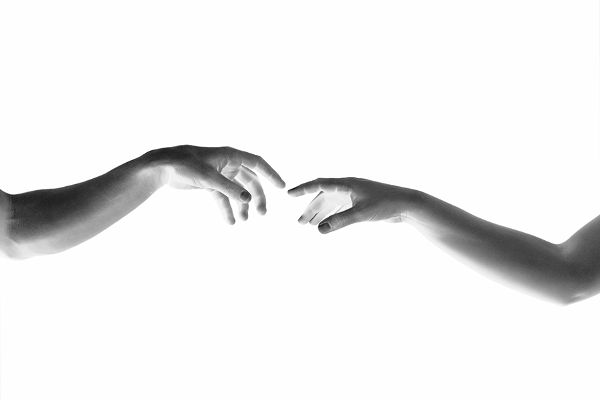
Contents
Ich fhle mich!
Ich bin!
Johann Herder
Lets begin with the title, both nostalgic and misleading: The Forgotten Sense. But touch was never really forgotten. And it is also not a sense: it is many. Although its undeniable that, from very early on, Western culture has been especially fond of light and sight, of eyes and clarity; although it is a fact that some of the most influential philosophical and aesthetic traditions of the past 2,500 years were particularly reticent about conceding any kind of virtue (intellectual, aesthetic, moral) to the sense of touch, and some even reviled it unceremoniously; although it is noteworthy that in the last fifteen to twenty years, intellectual historians and critics have written insistently about the oblivion of touch and have called once and again to repair such neglect: in spite of all of this, touch was never really forgotten.
Since the early days of Western culture in ancient Greece, a number of ways of understanding and representing reality that privileged the sense of touch, the body, and the material world has coexisted with that which some have liked to call ocularcentrism, a pervasive tendency to place sight over all the other senses as the most noble and trustworthy. These philosophical and artistic currents that underscore the role of tactility run parallel to the mainstream forces of ocularcentrism in the West, at times through subterranean channels, vilified and even persecuted, and at other times as dominating tendencies. However, and more important, touch was never really forgotten because remaining impervious to its ubiquitous effects is, quite simply, impossible. Plato can bypass it and, instead, praise sight as the sense that is most akin to the intellect, but when he describes the epiphanic moment when the soul encounters the divine, the language of tactility barges in uninvited. Christianity can deem it the dirtiest and most dangerous of the senses, the gateway to temptation, the instigator of unspeakable sins, but when it is time to account for the personal experience of true faith, the dogma of incarnation, the mystery of the cross, and the rejoicing in the divine, tactile metaphors and images find their way in unrepentantly to illustrate, with unrivaled perspicuity, the essence of religious fervor. This is because touch is not one sense; it is many.
Touch is the external, epidermal sensation of the outside world and also the intimate experience of our inner body. It is the sense of pleasure and pain in all their dizzying array of degrees and forms. It allows us to perceive the outside world not only as texture but also as pressure and temperature. It collaborates with the other senses to orient us in space and grants us the perception of our own bodies as living organisms. The vestibular sense by which we gain equilibrium, the sense of movement through space, the acceleration and deceleration of the body, and proprioception, the sense of our body parts in relation to one another and to their surrounding objects, are also variants of touch. Last but not least, touch is the sense that governs affect. Everything that moves, thrills, agitates, and inflames us, everything that causes in us even the slightest affective movement, is ultimately experienced as a form of touch. So even if we try to ignore it, touch, that many-headed hydra, elusive as a bar of soap under water, yet omnipresent like the very feeling of being alive, is a catalyst of existence and, as such, it is unavoidable, inexorable, and impossible to forget.
In recent years, staggering advances in technology have led to more and more voices that warn about the dawn of an age of detachment in which human beings will lose touch with one another and will be stripped of the ability to feel empathy, to achieve real intimacy, and to experience compassion. No one expressed this better than Leonard Cohen when, in reference to the protocols of prophylaxis made mandatory by the spread of HIV, he sang: Everybody knows that the naked man and woman are just a shiny artifact of the past. But in spite of latex and pandemics, in spite of telecommunications, the increasing isolation in big cities, and the tyranny of the image, touch can be neither lost nor forgotten, nor overcome, nor avoided in any conceivable way. Just as we are not able to jump over our own shadow, we cannot lose the capacity to feel, to be affected, and to affect the world and those who live in it.
Given that when we talk about touch we are talking about a complex sensorial system, an aesthetic approach to the subject seems the most appropriate. The idea of a series of essays that explore the ways in which literature, philosophy, and art make use of, engage with, and evoke the senses of touch was born, in part, from a suspicious reading of the first chapter of Mimesis (1946). In it, Eric Auerbach draws his famous distinction between two types of narrative that constitute the backbone of Western literature: the Homeric poems and the Old Testament. Whereas the Homeric style (clear, exhaustive, detailed) betrays a necessity to externalize phenomena, thus making them accessible to our senses, that of the Hebrew patriarchs is the linguistic version of the chiaroscuro in painting: the darkness of the background and the opacity of the context are deliberate and aim at directing the attention toward the lesson that the passage hopes to teach. Auerbachs distinction is by all means stimulating and it produces exegetic results of enormous value, but it stems from a conception of the literary that is overwhelmingly visual. In Auerbachs view, the Homeric narrative transports us to a realm where everything is visible, whereas the style of the Old Testament consists in games of lights and shadows akin to those later mastered in the visual arts by Caravaggio and Rembrandt.

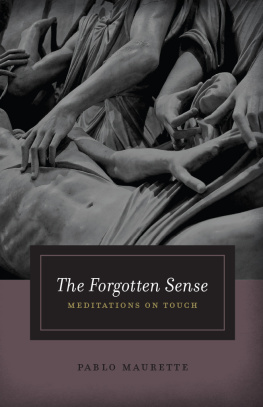
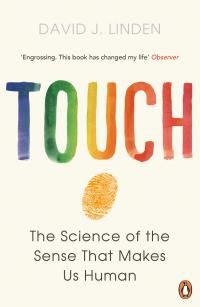

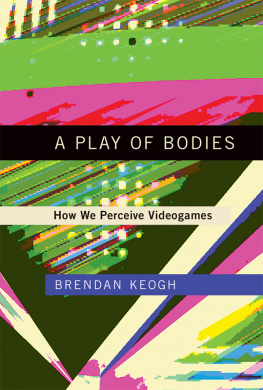



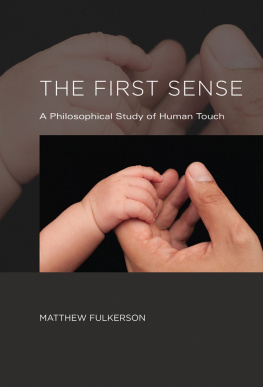
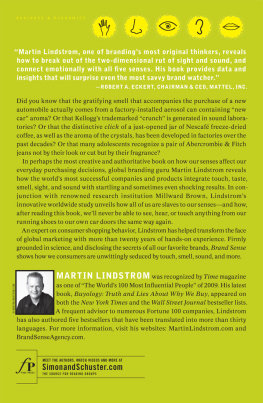
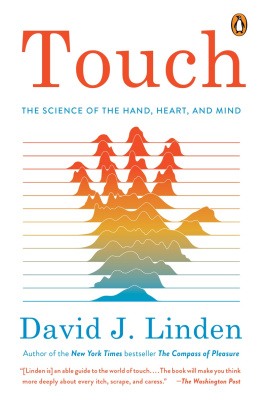
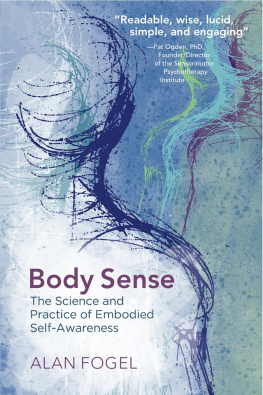
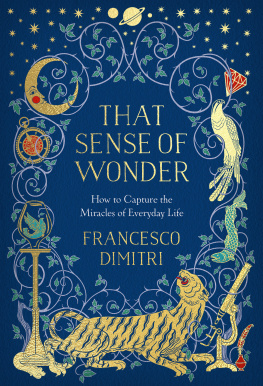


 This paper meets the requirements of ANSI / NISO Z39.48-1992 (Permanence of Paper).
This paper meets the requirements of ANSI / NISO Z39.48-1992 (Permanence of Paper).